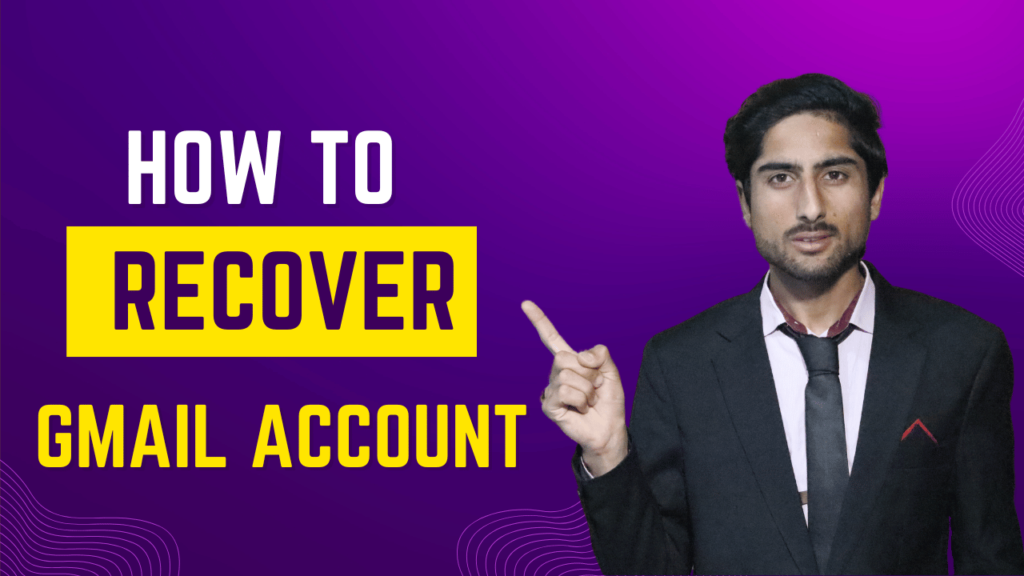If your private photos or videos have been leaked on the internet, it can be distressing and alarming. It’s important to act quickly and methodically. Start by reporting the content to the platform hosting it, requesting its removal. Next, consider changing your online account passwords and enabling two-factor authentication for added security. Reach out to trusted friends or family for support, and consider contacting legal professionals specializing in online privacy for further guidance. Taking these steps promptly can help mitigate the impact of such a breach on your privacy and security.
If private pictures or videos of you have been leaked on the internet, it can be a distressing and overwhelming experience. Here are some steps you can take to address the situation:

1. Stay Calm and Gather Information
- Stay Calm: Take a moment to breathe and collect your thoughts. It’s important to approach the situation with a clear mind.
- Gather Evidence: Document the leaked content by taking screenshots and noting down the URLs. This information can be useful for reporting the issue and for legal action if necessary.
2. Report the Content

- Social Media Platforms: Report the leaked content to the social media platforms where it has been shared. Most platforms have policies against non-consensual sharing of private content and will remove it.
- Facebook: Use their Help Center to report the violation.
- Instagram: Report the post or direct message through the app.
- Twitter: Report the tweet or message containing the content.
- YouTube: Report the video through their reporting tool.
- Web Hosting Services: If the content is on a website, contact the website’s hosting service to request the removal of the content.
3. Use Online Tools and Resources
- DMCA Takedown Notices: You can file a DMCA (Digital Millennium Copyright Act) takedown notice to request the removal of copyrighted material from websites.
- Revenge Porn Helplines: Some countries have helplines and organizations that specialize in helping victims of revenge porn. They can offer guidance and support.
4. Consult Legal Help
- Contact a Lawyer: Consult with a lawyer who specializes in privacy or cyber law. They can help you understand your legal options and take appropriate action against the perpetrator.
- File a Police Report: In many places, sharing private intimate images without consent is illegal. File a report with your local law enforcement agency to initiate an investigation.
5. Seek Support
- Talk to Trusted People: Share your experience with close friends or family members who can provide emotional support.
- Counseling and Therapy: Consider speaking to a mental health professional to help you cope with the emotional impact of the leak.
6. Enhance Your Online Security
- Change Passwords: Update your passwords for all your online accounts, especially those associated with the leaked content.
- Enable Two-Factor Authentication: Add an extra layer of security to your accounts to prevent unauthorized access.
- Review Privacy Settings: Ensure your social media and online accounts have the highest privacy settings enabled.
7. Prevent Future Incidents
- Be Cautious Online: Be mindful of the information and content you share online and who you share it with.
- Secure Devices: Use security software to protect your devices from malware and unauthorized access.
- Educate Yourself: Stay informed about online privacy and security practices to better protect yourself in the future.
1. Social Media Leaked Data Solution
If your private pictures or videos have been leaked on social media, take the following steps:
Immediate Actions
- Document Evidence:
- Take screenshots of the leaked content, including URLs and any relevant information about the uploader.
- Report the Content:
- Facebook:
- Go to the post or profile, click on the three dots (•••), and select “Find support or report.”
- Follow the prompts to report the violation.
- Instagram:
- Open the post, click on the three dots (•••), and select “Report.”
- Follow the prompts to report the content.
- Twitter:
- Click on the arrow next to the tweet, select “Report Tweet,” and follow the instructions.
- YouTube:
- Click on the three dots (•••) below the video and select “Report.”
- Choose the appropriate reason for the report and provide details.
- Contact the Platforms Directly:
- Facebook: Use the Help Center.
- Instagram: Use the Help Center.
- Twitter: Use the Help Center.
- YouTube: Use the Help Center.
Legal Actions
- Consult a Lawyer:
- Seek legal advice from a lawyer who specializes in privacy or cyber law to understand your options.
- File a Police Report:
- Report the incident to local law enforcement. Provide all the evidence you have gathered.
Online Tools
- DMCA Takedown Notice:
- Use a service like DMCA.com to file a takedown request.
- Revenge Porn Helplines:
- Contact organizations like the Cyber Civil Rights Initiative or similar local organizations for support and advice.
2. Google
If your private content has been indexed by Google or appears in search results, follow these steps:
Immediate Actions
- Document Evidence:
- Take screenshots and note down the URLs of the search results.
- Request Removal:
- Go to Google’s Removal Request Tool and follow the instructions to request the removal of the content.
- Report to Google:
- Use Google’s Legal Help page to file a complaint about the leaked content.
Legal Actions
- Consult a Lawyer:
- Get legal advice to understand your rights and options.
- File a Police Report:
- Report the incident to law enforcement, providing them with the evidence you’ve collected.
3. Porn Websites
If your private content has been posted on porn websites, take these steps:
Immediate Actions
- Document Evidence:
- Take screenshots and note down the URLs of the leaked content.
- Contact the Websites:
- Use the contact or support forms on the websites to request the removal of the content. Most reputable porn sites have policies against non-consensual content.
- Example email template:
Subject: Urgent: Unauthorized Content Removal Request Dear [Website Name] Support Team, I am writing to request the immediate removal of unauthorized content that has been posted on your website. The content includes private images/videos of me that were uploaded without my consent. The URLs of the content are as follows: [List of URLs] This is a violation of my privacy and rights. Please remove the content as soon as possible and confirm receipt of this request. Failure to comply may result in legal action. Thank you for your prompt attention to this matter. Sincerely, [Your Name]
Legal Actions
- Consult a Lawyer:
- Seek legal advice to understand your rights and options.
- File a Police Report:
- Report the incident to law enforcement, providing them with the evidence you’ve collected.
General Online Security Tips
- Enable Two-Factor Authentication:
- Use 2FA on all your accounts to add an extra layer of security.
- Use Strong Passwords:
- Ensure your passwords are strong and unique for each account.
- Regularly Update Privacy Settings:
- Review and update the privacy settings on your social media and online accounts.
- Be Cautious of Phishing Attempts:
- Avoid clicking on suspicious links or downloading attachments from unknown sources.
- Educate Yourself:
- Stay informed about the latest cybersecurity threats and best practices to protect your online presence.
Conclusion
Dealing with the leak of private pictures or videos can be incredibly challenging, but by taking immediate and appropriate actions, you can mitigate the impact. Remember, it’s important to seek support and take steps to protect your privacy and security going forward. If you ever find yourself in this situation, know that there are resources and people available to help you through it. If you have any question than feel free to contact us at any time.


